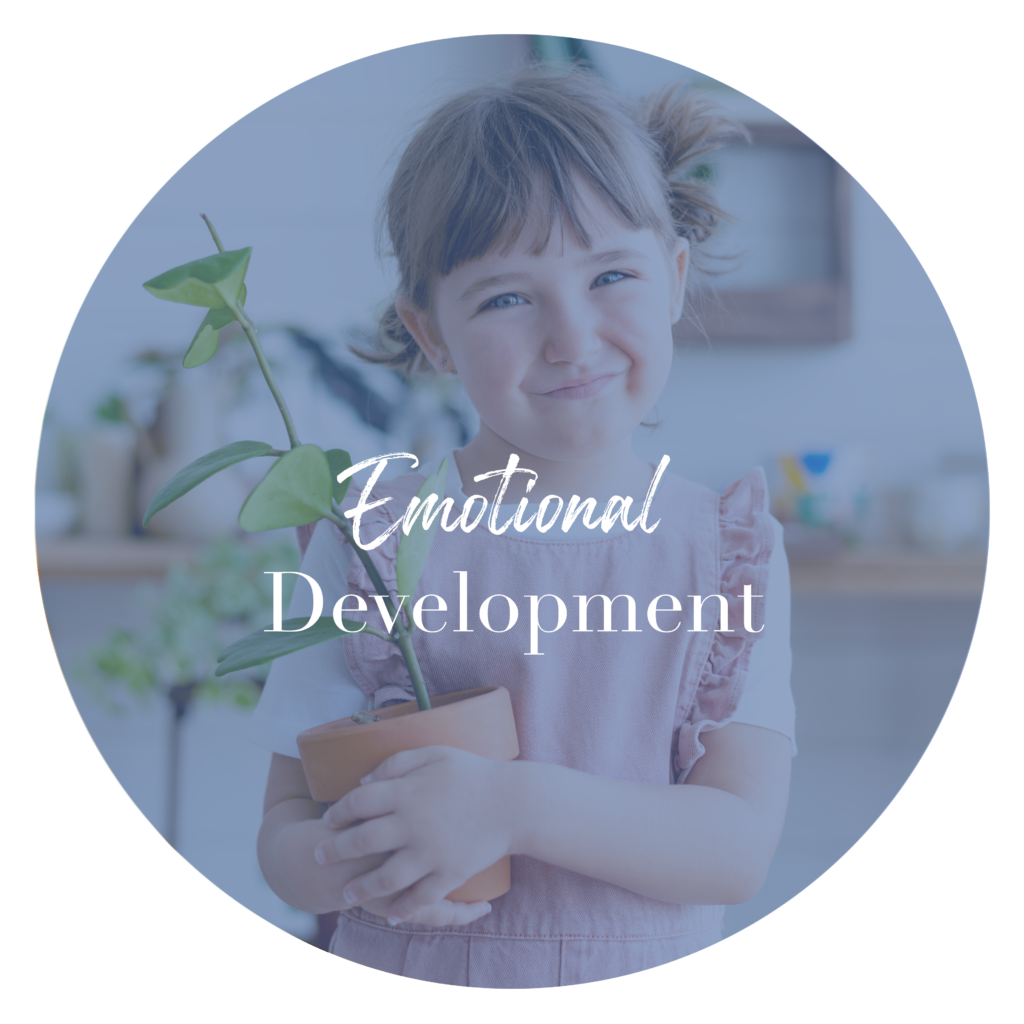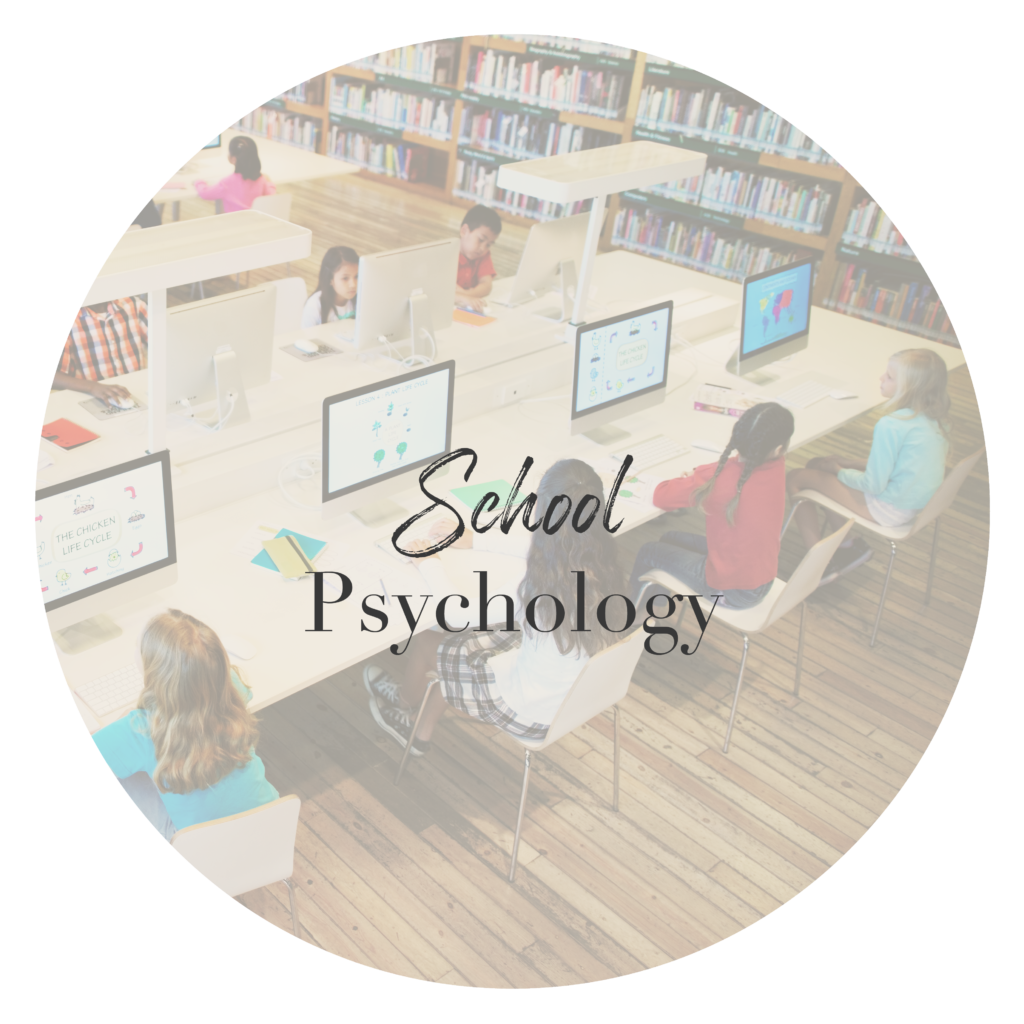We primates are special because at the highest level of our brains there is a complete picture of the ongoing status of our living bodies” (Mahler, 2017).
SELF-REGULATION
More on the argument I’ve raised several times – a much deeper understanding of Self-Regulation (SR) is necessary to accept that SR is not taught, but instead ‘develops’. Consider that there are 8 systems of perception housed in the human body: vision, hearing, taste, touch, smell AND vestibular (our sense of head movement and balance), proprioceptive (sensations from muscles and joints), as well as Interoceptive.
Interoception allows us to feel our internal organs and skin to get information regarding the state of our body. From infancy our facility with ‘sorting out’ the messages from all 8 systems, is just beginning to develop. Infants will cry in response to pretty much ALL sensations they perceive, since the sensations with be confusing and therefore overwhelming. Confusing because these sensory systems have not developed enough to be reasonably differentiated, so shutting our eyes doesn’t substantially help with loud sounds, for example. By the end of the day most infants are so overstimulated, they might cry most of the evening and be very difficult to soothe! Yet even older children and teens might complain “It just feels noisy inside my body.” Or “I never knew my body could tell me when I’m stressed out.”
By the time children start school, most have developed age appropriate facility with the 8 systems – through play. Exploring light & color (vision), voice & sounds (hearing), food & flavours (taste), textures & temperatures (touch), odors & fragrances (smell), swinging & tumbling (vestibular), lifting & carrying (proprioceptive), and stomach butterflies & racing heart (interoceptive). BUT because development can be uneven and there are individual differences in how and when we develop in specific ways – Interoception is worthwhile discussing further.
EMOTIONAL PROBLEMS
Interoception and emotions cannot be separated (Mahler, 2017). So, when our body is responding to the world and our Interoceptive Awareness (IA) is underdeveloped for our age, we can have a wide array of SR problems leading to emotional problems. The emotional problems will look like avoidance or triggers.
First a list of possible IA problems:
• Body State Regulation – NOT sensing hunger, thirst, body temperature, feeling ill, or need to use the bathroom, and not being able to pinpoint where the pain is in my body.
• Sensory Regulation – discomfort in a crowd and from noise/lights/confusion, discomfort from hugs/touch/eye contact.
• Attention Regulation – POOR awareness of being distracted/focused PLUS not sensing the source of distractions, and poor ability to put effort into ‘staying in the zone’ to focus.
• Energy Regulation – POOR awareness of high energy/low energy states PLUS deciding “what I need” like walking off high energy or snacking to boost low energy, not matching energy to the activity to be ready to play Basketball or ready to fall asleep.
• Emotion Regulation – NOT aware of emotional states, to know frustration is the root of the current problem not anger, PLUS unable to sense the difference between frustration, anxiety, and loneliness, which are the 3 root problem emotions.
Second a list of possible emotional problems:
• Dysregulation can cause hyper arousal expressed as physical agitation and chaotic behavior – body will not calm down, whining, crying, oppositional attitude, refusal to cooperate, noisy complaining and even tantrums.
• Dysregulation can also create hypo arousal expressed as withdrawal and turtling – depressed mood, low energy, loss of ‘voice’ to seek help, grounding behaviors like crawling/rolling/spinning/hiding so this child will be left alone to ‘centre’ and attempt to understand what is happening to them.
BODY INTELLIGENCE
“He was having vague sensations that made him feel ‘low’ and ‘blue’, but instead of the sensations indicating sadness, he thought he was hungry.”
“In the past, I would sometimes figure out how I was feeling by my actions. Like after I punched something, I knew I must be angry.” (Mahler, 2017)
Dysregulation can cover a lot of emotional terrain, none of which is easy to translate by looking only at the behaviors. So our role as the adult is to help ‘train’ or ‘retrain’ the gut feelings this child or youth needs to give attention to, in order to understand the many sensations coming to them from their bodies. Our body intelligence is real and we can access body intelligence by learning the meaning of the sensations our body communicates. We use our whole bodies to sense the world so it is a matter of sorting out the signals, then our emotionality will calm down, behavior will change, and our bodies will actually function better.
Unfortunately, it is not uncommon for toileting issues and sensory issues to be disruptive to academic learning and social life well into the years at school. This is because a clear sense of self is necessary before developing a clear sense of others. When we know “This is me. This is my body. This is how I feel.” – now we have a perspective on mine/yours, focus/distraction, pain in my stomach/emotional stress, and higher order thinking is impacted – meanness or kindness, sympathy or empathy. See how deep SR runs when we consider development?
INVESTIGATE SENSATIONS WITH A BODY SCAN
So, here are the everyday good ideas for intervention of IA. The ‘secret sauce’ is moving from unconscious to conscious sensation. Sensations emerge from our neurology without our control or permission and feelings result when we take the time to translate body messages accurately. Here is the sequence:
1. Notice when the child is hyper or hypo agitated
2. Isolate attention to one body part at a time. Guide the child through a body scan to see if they can pinpoint where sensations are coming from: brain eyes nose cheeks mouth jaw voice ears skin throat lungs heart stomach legs arms hands fingers feet toes.
3. Connect the body part to the sensations:
eg. Your nose? Is it runny, stuffy, tickly, itchy, or burning?
eg. Your stomach? Is it happy, hungry, full, fluttery, tingly, nauseous, heavy, gurgling?
4. Be caring and curious about the sensations:
eg. Oh your nose is burning it is sensitive or irritated, try investigating what is in the air, or on your hands, or…
eg. Oh your stomach is gurgling it is hungry or upset, try drinking some cool water, eat snack crackers, or…
5. Suggest Triggers & Glimmers (Dana, 2017): Triggers are what makes one feel worse and Glimmers are what can make one feel better. So a burning nose and a gurgling stomach are Triggers and discovering what the nose is sensitive to, or identifying gurgling as hunger, these are Glimmers. Older kids who have a pretty good foundation in IA can still be confused by emotional triggers but we can help them figure those out.
eg. Your mouth? Is it – dry, tight jaw, sore tongue/tooth, sore throat (Trigger)
eg. Oh your mouth is dry? You have a presentation at school today and dry mouth is common when we are trying to do our best. Here are 3 tips… (Glimmer)
6. Patience introduced as self-care
eg. Be patient because your sense of smell is sensitive, look for what is bothering you.
eg. Be patient because hunger sneaks up on you, have healthy snacks ready.
eg. Be patient because dry mouth happens, keep water handy, or TicTac under your tongue.
INTEROCEPTIVE AWARENESS (IA) and SELF-REGULATION (SR)
I chose easy examples to illustrate the 6 steps. But as you get to know the child/youth in your care you will develop intuition about their 8th sense and be able to solve the most mysterious Interoception mind/body connections. It is necessary to provide the full body scan list to begin with, because the messages coming to this child can have multiple sources. Instead of asking the child questions, its better to go through the scan list and come alongside the child to practice ‘guessing’. Also, if this kid is in distress and already NOT good with IA it is ‘nonsensical’ to expect them to direct their own attention, therefore lots of practice with the body scan is crucial.
Poor IA disrupts normal development of SR and creates emotional Triggers in seemingly typical everyday situations, so this child or youth can baffle us. Yes, we want to make sure we have a healthy child so vision/hearing screening and regular health check-ups by a GP is great. And, when we don’t have a clue how to handle this problem we can look to experts. Yet, this can mean long waitlists and certainly DOES NOT empower our own capacity to understand this child better or grow their confidence in our guidance. This 6 step process is a great start.
Studies indicate that IA is automatically activated by:
• Looking in a mirror, especially when washing & grooming
• Light touch, massage to sensitize the skin or some kids prefer deep pressure
• Awareness/attention to heart rate (heart monitor) and breathing (toy microphone)
• Challenging athletic activities requiring muscle strength & joint flexibility
• Meditation and Yoga
• Slow conversation at mealtime to invite self-reflection on the day or on the meal
• Listening to a story read aloud & witnessing what the characters are feeling
Emotional Development – love this topic!
DEVON WOLFE WolfeWisdom.ca








